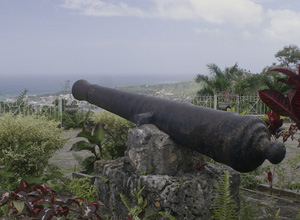


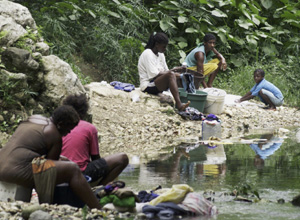

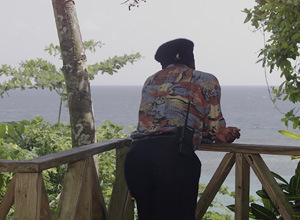
Jamaica was claimed for Spain after Christopher Columbus first landed there in 1494. The English Admiral William Penn (father of William Penn of Pennsylvania) and General Venables seized the island in 1655. During its first 200 years of English (then British) rule, post Spanish rule, Jamaica became one of the world's leading sugar exporting nations and produced over 77,000 tons of sugar annually between 1820 and 1824, which was achieved through the massive use of imported African slave labour. After the abolition of the slave trade the British imported Indian and Chinese indentured servants in the early 1800s as more cheap labour. The descendants of the Chinese and Indian indentured servants continue to reside in Jamaica today.

By the beginning of the 19th century, the United Kingdom's heavy reliance on slavery resulted in blacks (Africans) outnumbering whites (Europeans) by a ratio of almost 20 to 1, leading to constant opportunities for revolt. Following a series of rebellions, slavery was formally abolished in 1834, with full emancipation from chattel slavery declared in 1838.
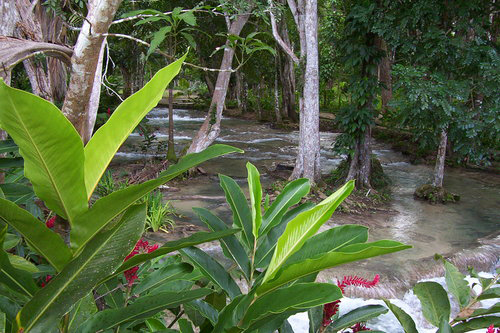

Jamaica slowly gained increasing independence from the United Kingdom. In 1958, it became a province in the Federation of the West Indies, a federation among all of the British West Indies. Jamaica attained full independence by leaving the federation in 1962
.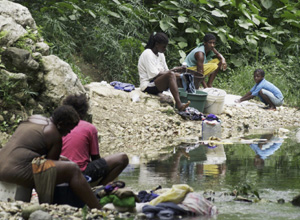

Jamaica was hit by the horrible Hurricane Dean
Strong economic growth averaging about six percent per annum marked its first ten years of independence under conservative governments led successively by Prime Ministers Alexander Bustamante, Donald Sangster and Hugh Shearer. The growth was fueled by strong investments in bauxite/alumina, tourism, manufacturing industry and to a lesser extent the agricultural sector. However, the initial optimism of the first decade was accompanied by a growing sense of inequality and a sense that the benefits of growth were not being experienced by the urban poor. This, combined with the effects of a slow-down in the global economy in 1970, prompted the electorate to change the government, electing the PNP (People's National Party) in 1972. However, despite efforts to create more socially equitable policies in education and health, Jamaica continued to lag economically, with its gross national product having fallen in 1980 to some twenty-five percent below the 1972 level. Rising foreign and local debt accompanied by large fiscal deficits resulted in the invitation of the International Monetary Fund (IMF) financing from the USA and others, and the imposition of IMF austerity measures (with a greater than 25% interest rate per year).
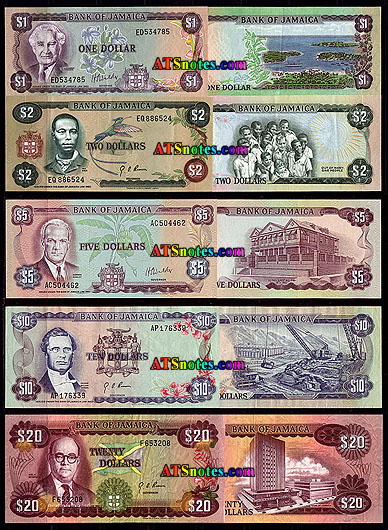
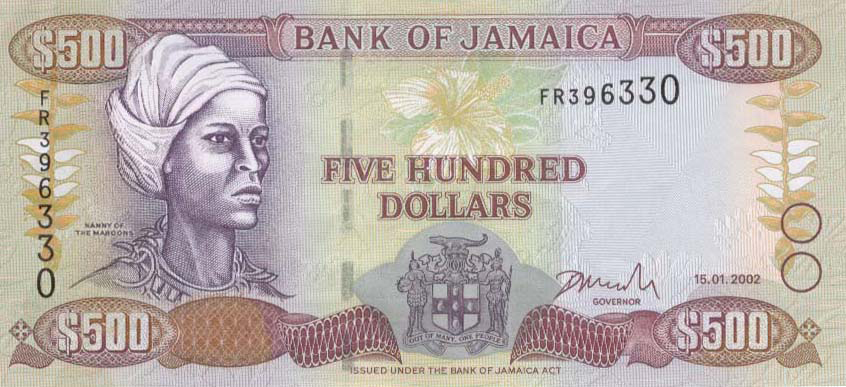
Currency in Jamaica

Bank Notes